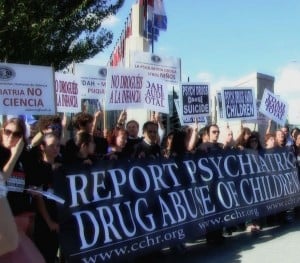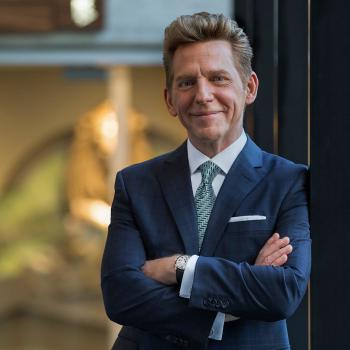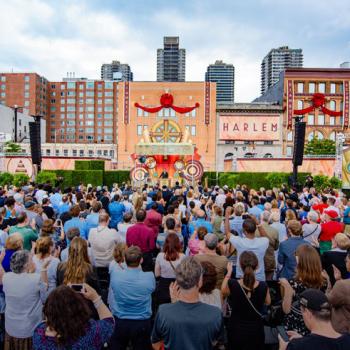An Op Ed in the University of Tornoto’s The Varsity newspaper makes an incisive presentation on the field of anti-psychiatry.
The University’s Ontario Institute for Studies in Education (OISE) recently announced a scholarship, the Bonnie Burstow Scholarship in Antipsychiatry for OISE students conducting theses in the area of antipsychiatry, with the author matching up to $50,000 of donations by others.
An earlier editorial attempted to negate the scholarship and antipsychiatry studies calling it “a controversial discipline notably pushed by the Church of Scientology.” The Church of Scientology does take a very firm and proactive stand against abuses in the field of mental health because it is a field that is rife with human rights abuse, which the Op Ed correctly points out. It lists a series of myths and facts that dispel them:
Myth: Antipsychiatry theorists deny that people can become seriously disoriented and troubled.
Fact: Antipsychiatry theorists are extremely clear that such difficulties exist. What we contend, rather, is that what are labelled ‘mental diseases’ are not in fact medical disorders. That is, we have different explanations for what is happening — ones that include, but are not limited to, issues of social control.
Myth: Antipsychiatry theorists are ‘anti-science.’
Fact: Antipsychiatry theorists are pro-science and as such, oppose the ‘facade’ of science. Indeed, one of our central objections is precisely that the claims of psychiatry lack scientific and medical validity.
Myth: Major antipsychiatry positions such as ending forced treatment are extreme and something that no reputable body would ever support.
Fact: Besides the fact that ‘reputable’ and ‘extreme’ are judgement calls and that we are talking about fundamental human rights here, an organization no less ‘reputable’ than the United Nations (UN) has issued a prohibition against forced psychiatric ‘treatment,’ as per the Convention on the Rights of Persons with Disabilities. If the UN takes this position, how can it be extreme?
Myth: Antipsychiatry people are overwhelmingly involved with Scientology.
Fact: Almost none are — claiming or insinuating otherwise is a discrediting tactic. Surely instead, as academics, we should be dealing with facts, evidence, and logic.
Myth: Antipsychiatry is based on ignorance.
Fact: Pursued by folk who are leading scholars, antipsychiatry is a highly recognized field of inquiry, with courses offered in sociology, disability studies, adult education, and numerous other areas. Correspondingly, as researchers, antipsychiatry scholars knowledgeably draw on highly credible research methodologies, such as scientific meta-analysis, ethnography, critical discourse analysis, and institutional ethnography.
The Church of Scientology does object to the mistreatment of the insane, which is psychiatry’s historical hallmark. That is why the Church supports the Citizens Commission on Human Rights, which works to expose and eradicate the brutalization of patients in the name of “mental health.” Over the years, the Citizens Commission has investigated and exposed thousands upon thousands of cases of psychiatric negligence, abuse and brutality.
Nor do Scientologists believe people should be stigmatized with labels and “treated” with “cures” that have no basis in science and are brutal in the extreme. Through its long and tragic history psychiatry has invented numerous “cures” which eventually proved destructive in the extreme. In the eighteenth and nineteenth centuries, mentally troubled patients were literally subjected to torture devices. Next it was ice baths and insulin shock. Then electroconvulsive therapy that caused broken teeth and bones as well as loss of memory and regression into comatose states. Next, it was prefrontal lobotomies with an ice pick through the eye socket. Today it is drugs.
It is now routine psychiatric practice to label and stigmatize youth with wholesale diagnoses of mental disorders. It is staggeringly profitable business. But while psychiatrists rake in billions, society receives a new generation of life-long drug addicts and thus still more customers for psychotropic drugs.
Today, the marketing of antidepressants has likewise reached nightmarish proportions, and the scenario becomes even more disturbing when one considers the explosively violent episodes such drugs precipitate. Moreover, there is categorically no evidence that diseases such drugs claim to treat even exist—which is to say, it’s all an elaborate and deadly hoax.
This is not “Scientology belief” or “opinion.” This is fact and this is why Scientologists oppose psychiatric abuse.









